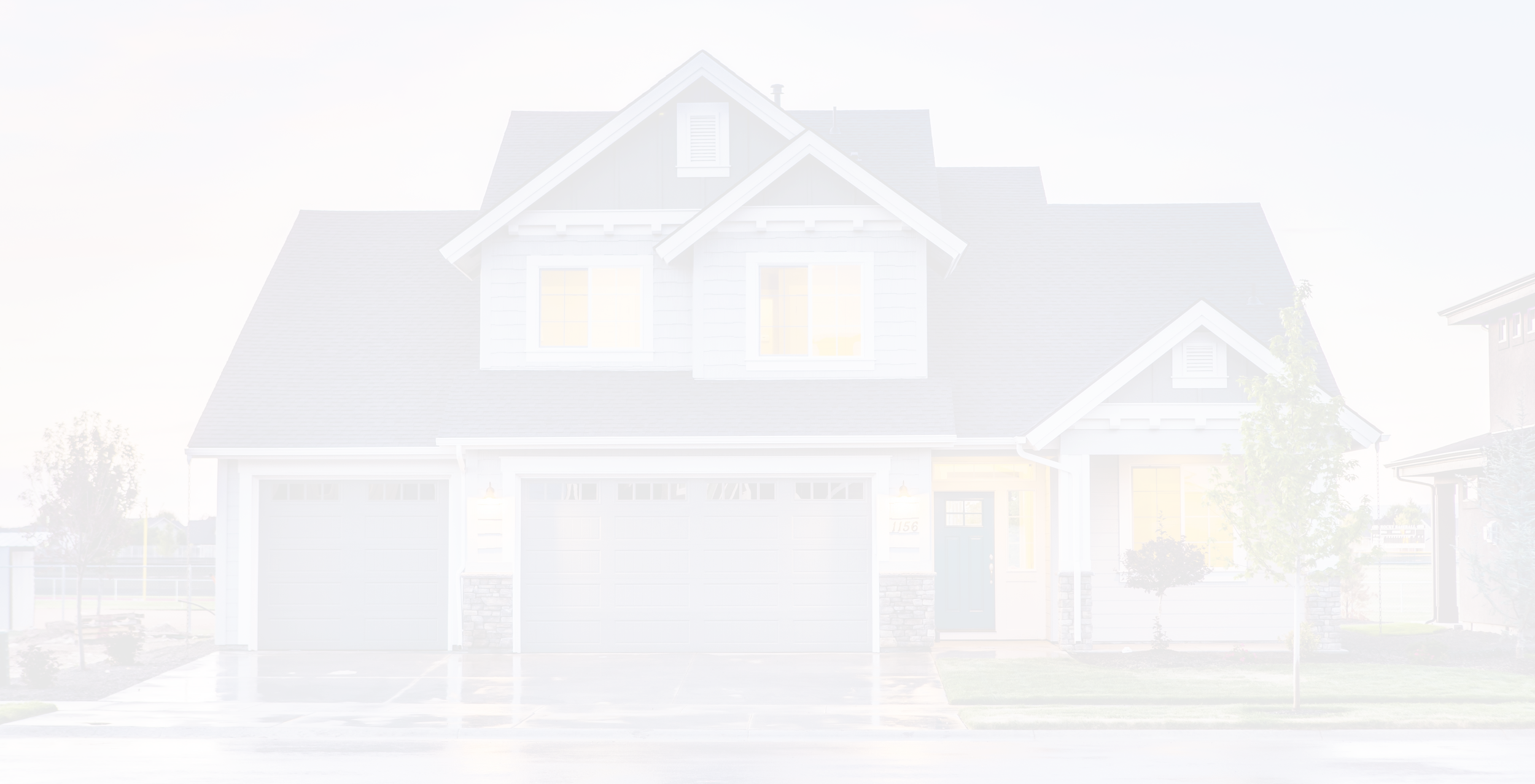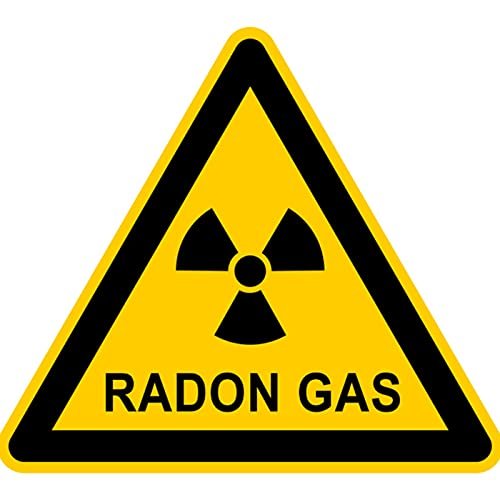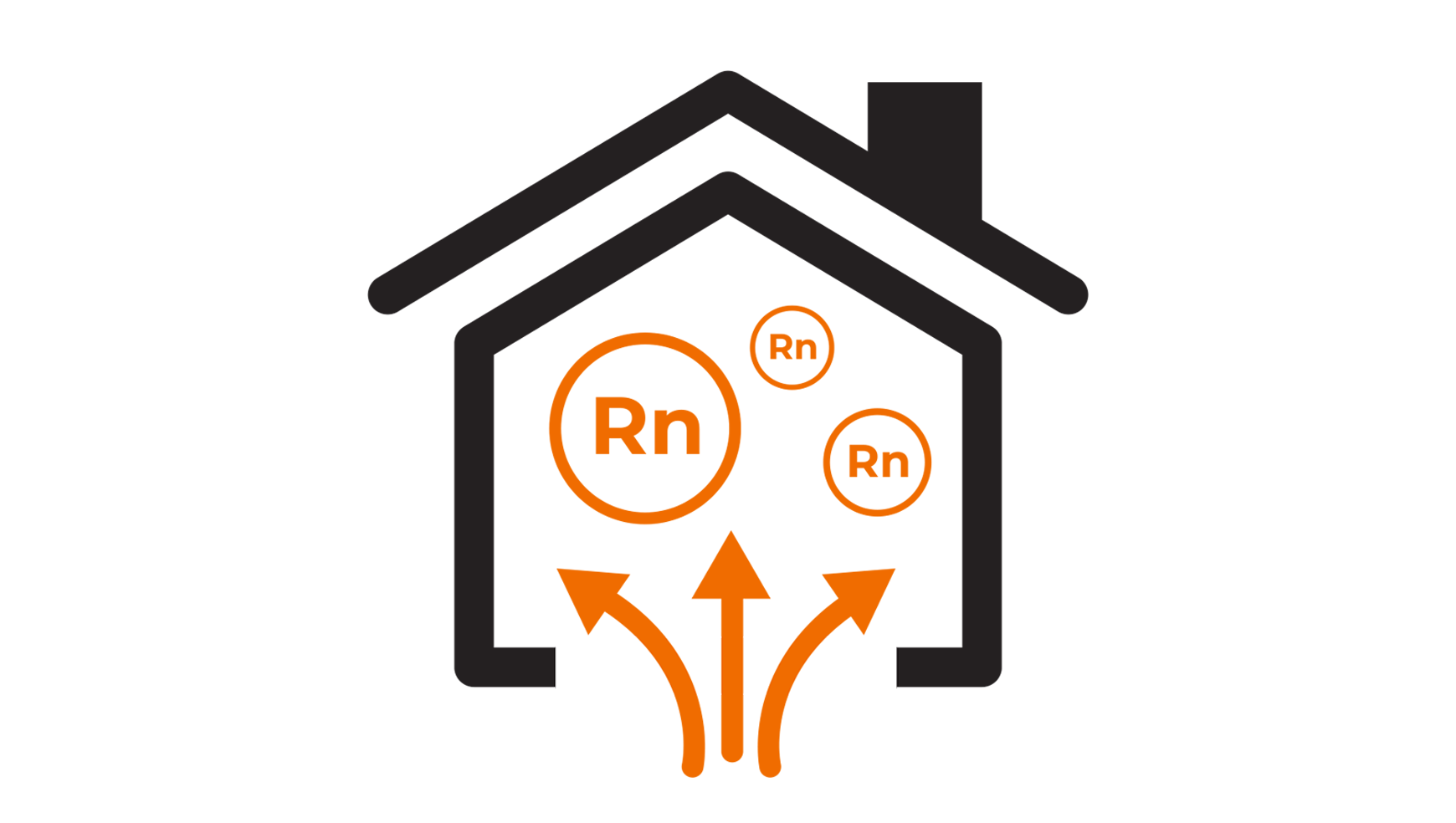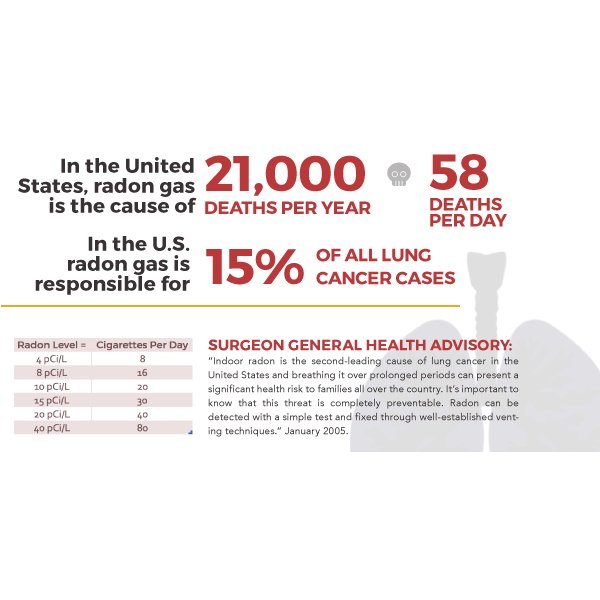
Radon Testing
What is radon?
Radon is a radioactive, colorless, odorless and tasteless gas naturally caused by soils decaying in the ground. Radon exposure is the second leading cause of lung cancer in the United States, attributed to over 20,000 deaths per year according to the EPA. Radon can enter through unsealed crawl spaces, cracks in floors and foundation, and even into the water supply. When this occurs, it can become trapped in the home and can accumulate dangerous levels of exposure.
How do you test for it?
The best way to have your home tested for radon is to hire a certified Radon Measurement Professional (RMP) to give you the most detailed and accurate testing results. A radon test will include:
Placement of radon measurement devices throughout the home
Retrieval of the devices after 2-4 days of sample collection
Samples sent to an independent laboratory for analysis
Results provided within 48 hours of sample delivery
Our professionals have received extensive training in both radon testing and radon mitigation. If you have concerns about radon in your residential or commercial property, get a test done by a professional!
Is it important?
Long exposure to dangerous levels of radon gas can affect a person's health and increase the risk of chronic health issues. Luckily, radon can be detected with a simple test and can be mitigated to a safer level. Testing is the only way to know the level of risk inside a home or business. As conditions in the soil can change, the EPA recommends testing every two years. This also applies to homes or businesses that have had a mitigation as it has been proven that radon is present, and you’ll want to ensure that all of the mitigation equipment continues to work properly.
Where is it common?
You can explore common sources to determine risk levels. At Noble, almost all of our radon testing is located in the State of Georgia.





